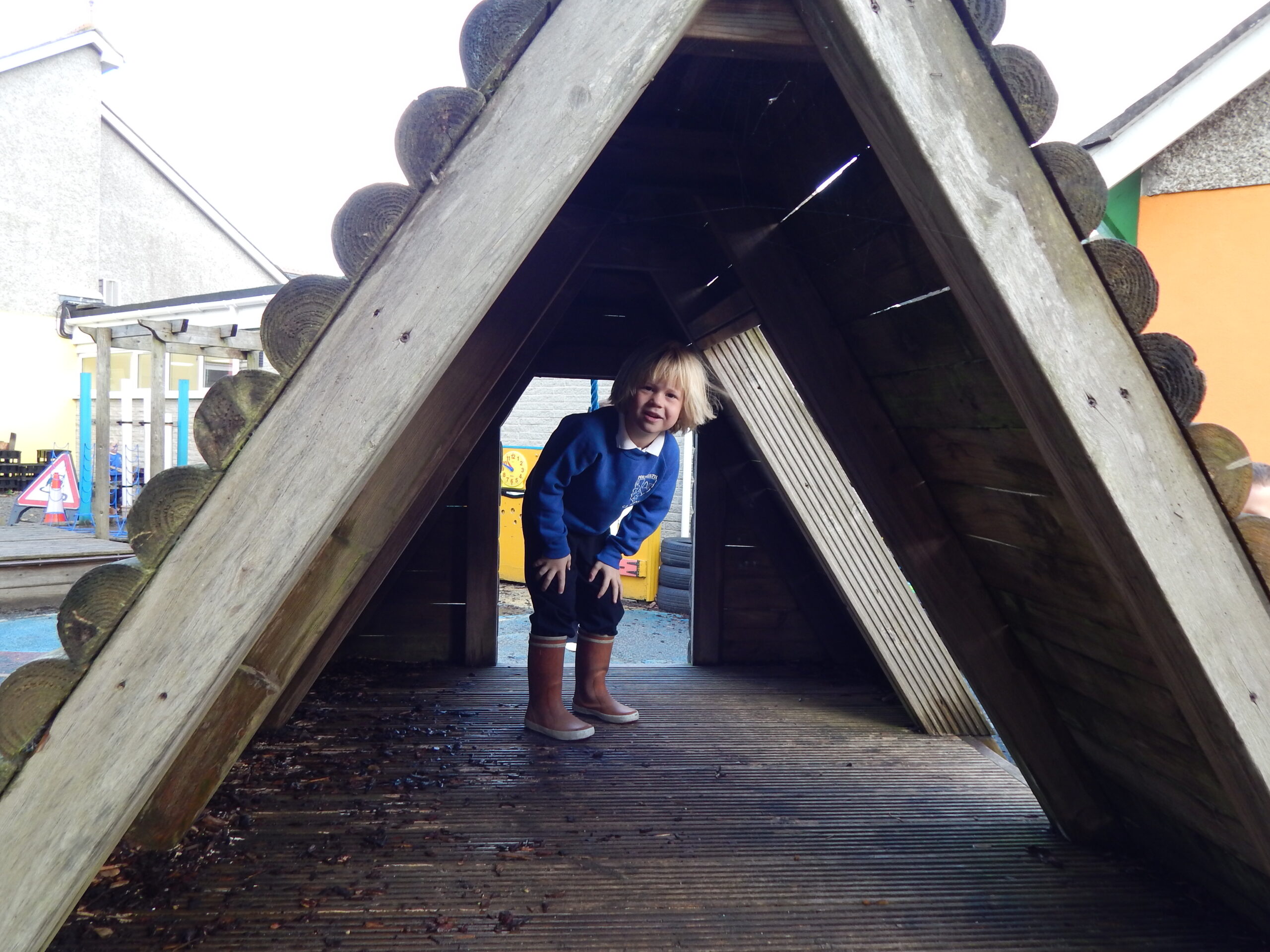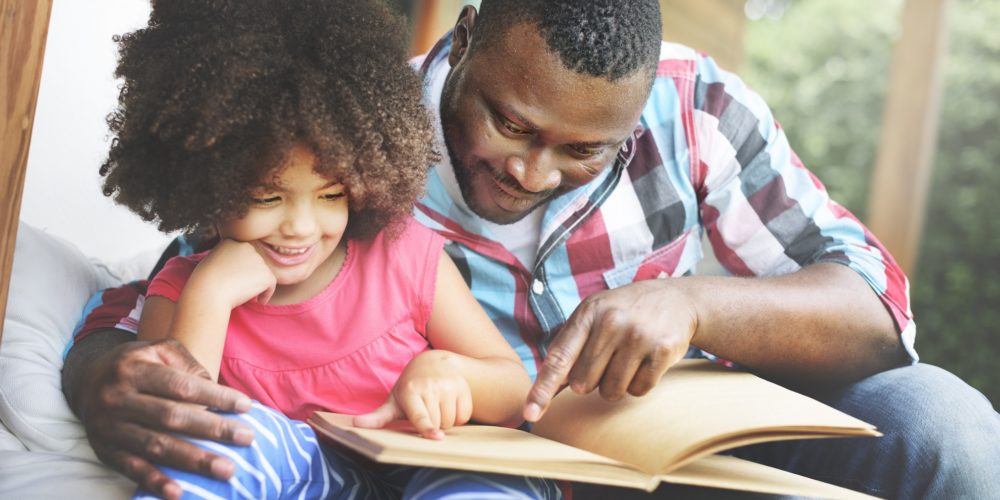EYFS

Early Years
At Portreath School we have five school values: kindness, empathy, inclusion, honesty and gratitude. These act as our roots to help us all, staff and children, grow as people and make a positive difference to the world. We want everyone to feel that they belong and see themselves as special. Developing these values is at the core of our EYFS curriculum.
We have created our own unique ‘Growing and Making a Difference Curriculum’ for the school. Our three main curriculum drivers are curiosity, creativity and courage. We want children and staff to be curious about the world, others and themselves. We want to give children opportunities to be creative every day. We expect everyone to show courage when learning, to have a go, make mistakes, be ambitious and show resilience. As a result of everyone being curious, creative and courageous, we will grow and make a difference, to others, the community, the environment and the world. All of this begins in Maple Class.
For each of the KS1 and KS2 national curriculum subjects the school has identified 7 golden threads that are the key concepts that weave throughout our curriculum. These threads start in the EYFS. Within a subject, these threads link the learning across the school together and help the children to make connections. By considering these threads when planning the Maple Class team start to ‘plant the seed’ of these concepts and prepare the children for their journey in KS1 and 2. The EYFS lead has worked carefully with each subject lead to identify key learning for EYFS to prepare them for the study of each of the National Curriculum subjects as they move through primary school. The children can develop so many of the key skills needed in these subjects at a very early age. For example, in EYFS, children asking questions is a key skill developed and this is an essential tool in being a great historian, geographer or scientist.
In EYFS, our curriculum is co-designed by teachers and children with an enquiry-based approach. We have a clear vision for the essential learning that all children must experience and grasp to be ready to move on to their next stage of learning. However, the way this learning is delivered is influenced by each cohort’s interest and needs. This approach enables children to lead learning which is suitable for their unique needs and stage of development, resulting in high engagement levels. Through these experiences we encourage children to take risks, discover and make links between their explorations.
We work in partnership with parents and carers to encourage independent, happy learners who thrive in school and reach their full potential from their various starting points.
What you will see in Maple Class:
In our classroom, you may see children playing alone or with their peers, deciding on resources and choosing how to spend their time. You may see a child playing and listening to an adult, who is modelling how to achieve something or teaching a new skill that interests the child.
Adults may scaffold a child’s play. This involves taking their play to higher levels of learning, entering the play as a co-creator and helping to provoke a framework for the children to go from “what they know” to “what else they could know”. Scaffolding enables a child to solve a problem, carry out a task or achieve a goal which is just beyond their ability. During play, where foundational social and emotional skills are developed, scaffolding is a bridge to new skill levels using three key ingredients; modelling the skill, giving clues and asking questions while the child is trying out a new skill, then as the child approaches mastery, withdrawing the support.
Each day, we stimulate children’s interests, respond to each child’s emerging needs and guide their development. As children grow older and develop their skills throughout the Reception year, we use more direct teaching and modelling and plan specific sequences of lessons. These strategies help us to focus on teaching the essential skills and knowledge in specific areas of learning, so that children develop the skills and confidence required for the end of their reception year making them Year 1 ready.
Planning in the Early years
In Maple Class we try to understand and follow children’s interests where possible to compliment the core curriculum and provide opportunities throughout our EYFS curriculum to support learning, consolidate and deepen knowledge and ensure children meet their next steps.
We provide a challenging, exciting and attractive learning environment that offers high-quality opportunities for the children to learn through play within the classroom and outside.
We provide a continuous provision that is designed to offer practical, open-ended learning opportunities, where children are enabled to think creatively and imaginatively whilst becoming organised, independent and responsible learners. The children are supported to explore how resources can be adapted and use their skills in a variety of contexts. We develop problem-solving skills through open-ended tasks and encourage children to share their thinking with others. Each week a variety of enhancements are provided based on the needs and interests from the previous week.
Phonics – the teaching of letter sounds to read. and to write – is taught daily. Children are explicitly taught the skills of blending (putting the letter sounds together to read words) and of segmenting (separating letter sounds to spell). We follow The EYFS lead has worked carefully with each subject lead to identify key learning for EYFS to prepare them for the study of each of the National Curriculum subjects as they move through primary school. The children are able to develop so many of the key skills needed in these subjects at a very early age. For example in EYFS, children asking questions is a key skill developed and this is an essential tool in being a great historian, geographer or scientist. He phonics programme Read Write Inc. We also provide a daily maths session to give them a strong foundation in number and other areas of maths. We use Whiterose and NCTEM’s Mastering Number as our key programmes of study. There is a long-term plan for the EYFS, that states the key learning for each of the prime and core areas. We plan and support a successful and smooth transition into KS1
There are three prime areas of learning:
Communication and Language Development
Personal, Social and Emotional Development
Physical Development
There are four core areas of learning:
Literacy
Maths
Understanding the World
Expressive Arts and Design
In addition, the ‘Characteristics of Effective Learning’ underpin learning and development across all areas and support the child to remain an effective and motivated learner.
The Characteristics of Effective Learning are:
• Playing and exploring-engagement
• Active learning-motivation
• Creating and thinking critically-thinking
Our planning focuses on the children’s needs, their interests, and their stages of development. We seek opportunities to make links between the areas of learning and plan next steps accordingly. We deliver the curriculum through planned, purposeful play as well as adult-directed learning to enable the children to build on what they already know. In class, the children may be taught as a whole class, in small groups or individually to ensure that all children are progressing from their own individual starting point. Our broad and balanced questions aim to provide the children with the knowledge and skills they require to support them in their life-long learning. Topics and themes remain flexible and will follow the children’s needs and interests. We encourage the children to guide us in shaping their learning experiences.
Baseline
During the first few weeks of the Autumn term, the class teacher completes the Reception Baseline Assessment with each child. This allows learning opportunities to be pitched appropriately as well as providing a baseline of the children’s attainment. It helps to identify any gaps that children may have and this informs planning and support required at an individual and cohort level. All children are closely monitored and assessed throughout the year to ensure that all children are making good progress.
Summary
The key is that our EYFS provision leads to the children being curious and motivated learners who are ready for the challenge of Key Stage One.
Daily Routines
The children in Class 1 follow a daily routine which allows the teacher to plan learning opportunities that best meet the needs of the children and that focus on the basic skills of reading, writing and number work. Routines include children self- registering, selecting books to read at home as well as Monster Challenges which are planned to progress the children’s skills and understanding.
Phonics-the teaching of letter sounds to read and to write-is taught daily. Children are explicitly taught the skills of blending (putting the letter sounds together to read words) and of segmenting (separating letter sounds to spell). We use the Read Write Inc resources, including the ‘Get Writing’ booklets.
- learn that sounds are represented by written letters
- learn 44 sounds and the corresponding letter/letter groups using simple picture prompts
- learn how to blend sounds
- learn to read words using Fred Talk
- read lively stories featuring words they have learned to sound out
- show that they comprehend the stories by answering questions.
When using RWI to write the children will:
- learn to write the letters/letter groups which represent 44 sounds.
- learn to write words by saying the sounds in Fred Talk
- write simple sentences
For more information, please click on the following guide for parents:
Read Write Inc. – A guide for parents
Parents as Partners
We value parents as partners and emphasise the importance of home and school working together. Parents are kept up to date with their child’s progress by being invited into class every half term to look through their child’s work. We use Class Dojo as a key communication tool and parents can upload photographs and comments via this app.

